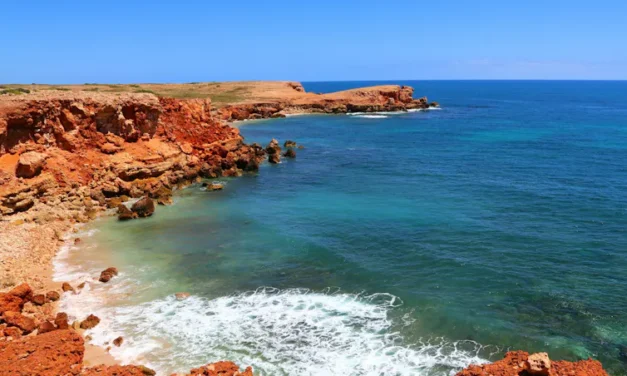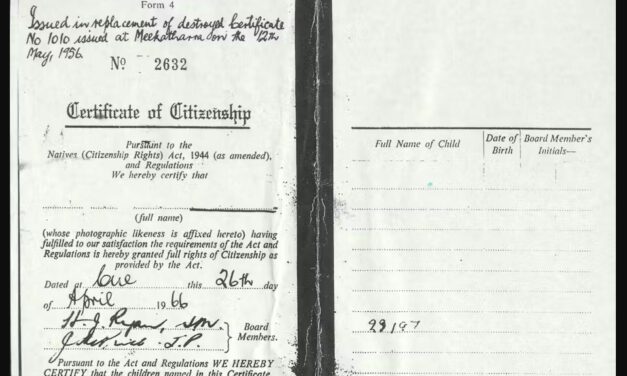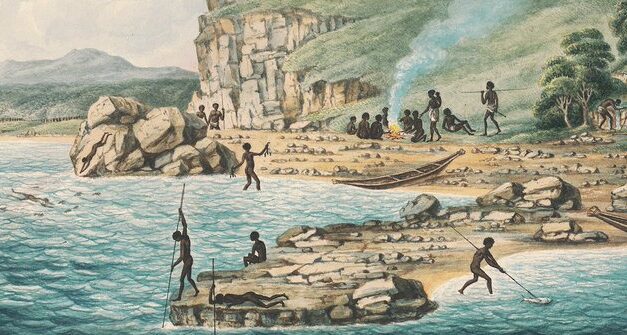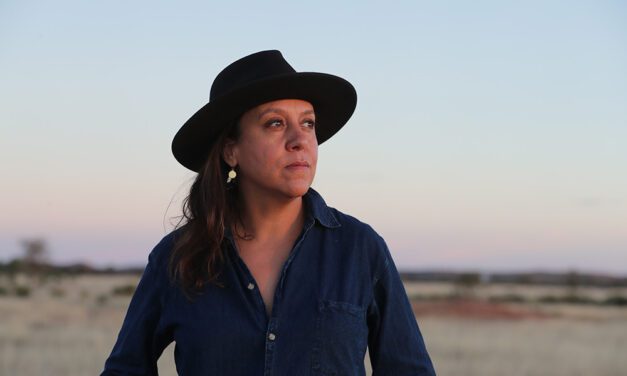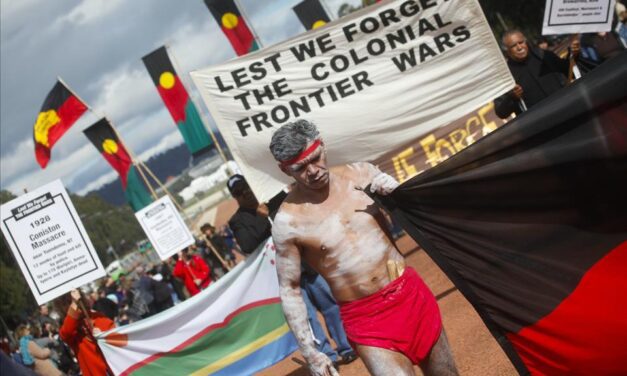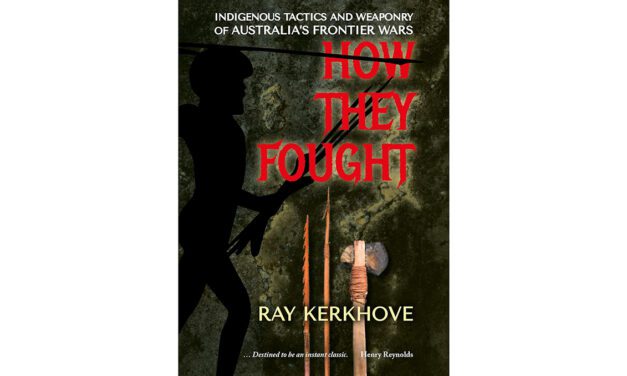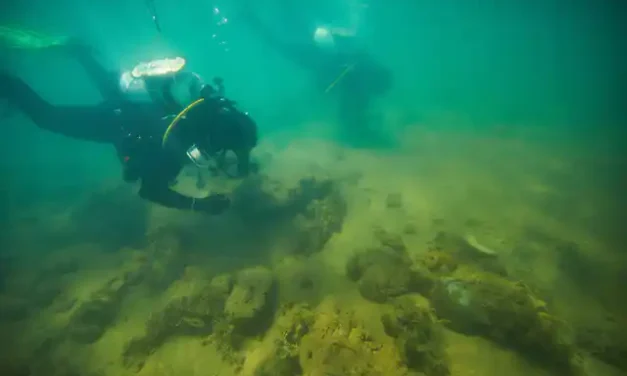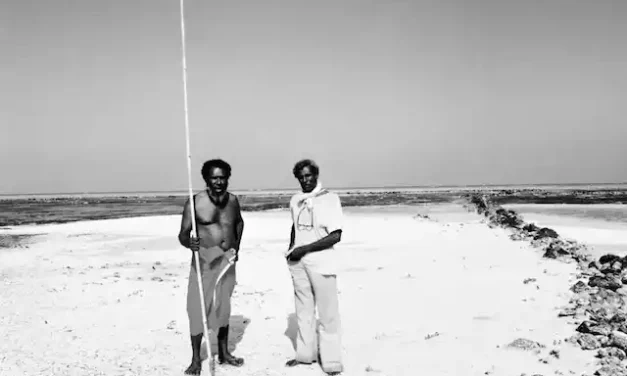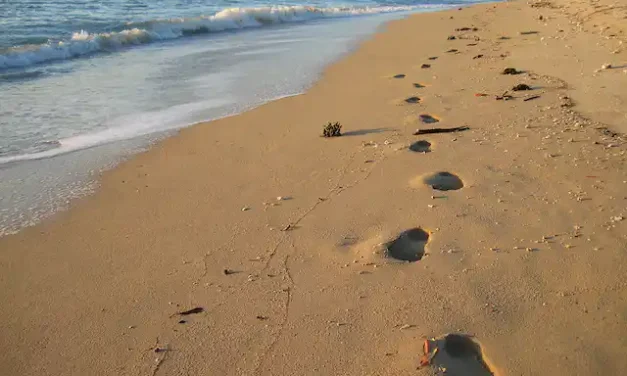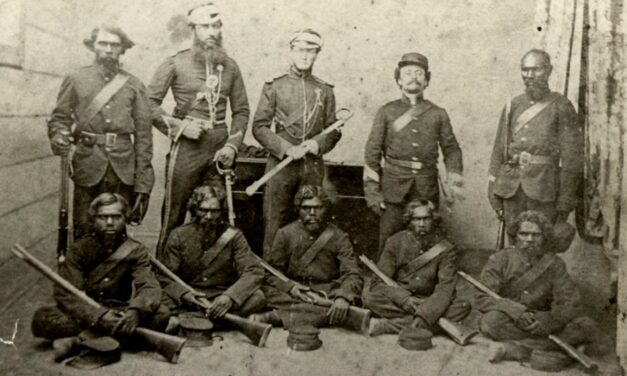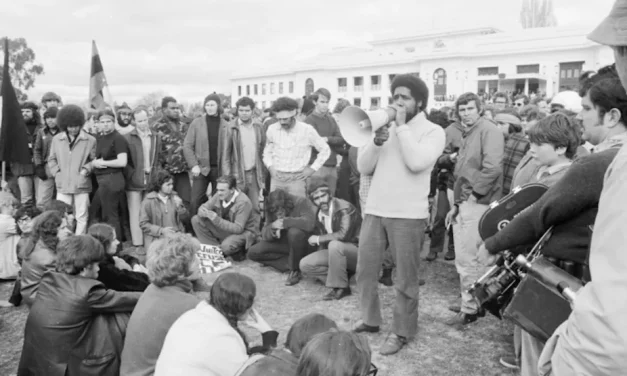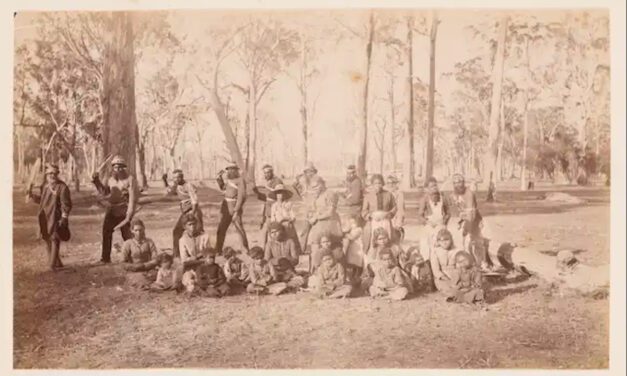We have revealed a unique time capsule of Australia’s first coastal people from 50,000 years ago
Reading time: 5 minutes
Barrow Island, located 60 kilometres off the Pilbara in Western Australia, was once a hill overlooking an expansive coast. This was the northwestern shelf of the Australian continent, now permanently submerged by the ocean.
Our new research, published in Quaternary Science Reviews, shows that Aboriginal people repeatedly lived on portions of this coastal plateau. We have worked closely with coastal Thalanyji Traditional Owners on this island work and also on their sites from the mainland.

